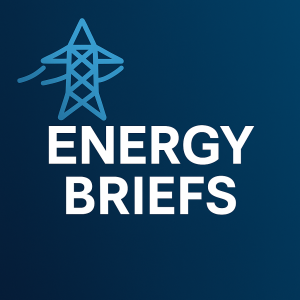
Energy Brief — U.S.
Pennsylvania’s Republican attorney general files charges against a fracking company he says contaminated drinking water in eight counties.
However, contamination enforcement fights frequently escalate in shale regions as regulatory scrutiny tightens around fracking contamination claims.
Arizona Public Service proposes a new gas plant southwest of Phoenix with a first phase designed to meet growing power demand and a second phase dedicated to serving data centers via a subscription model.
Additionally, the data center subscription model reflects a structural shift in capital allocation toward hyperscale load segments.
An analysis predicts Northwest electricity demand may outstrip generating capacity by about 3,000 MW by 2030, potentially triggering rolling blackouts during extreme weather as soon as next year.
Also, this dynamic raises reliability concerns similar to Oklahoma Energy caution alerts when weather volatility narrows reserve margins.
Advocates call on the federal Bureau of Land Management to remove 20,000 acres of prime sage grouse habitat in southwestern Wyoming from a proposed oil and gas lease sale, saying it violates the agency’s land-use plans.
Therefore, the habitat challenge reflects conflicts between lease access and environmental protections.
Energy Brief — World
U.S. energy giant ExxonMobil will not be able to continue doing business in the European Union if the bloc does not significantly loosen a sustainability law that would penalise companies with fines of 5% of global revenue, Chief Executive Darren Woods said on Monday.
Additionally, the ExxonMobil EU law fight signals rising global compliance cost tension.
Chinese refiners are canceling Russian oil cargos and adopting a wait-and-see attitude after the latest U.S. sanctions on Russia’s oil industry. Bloomberg reports, citing traders, that state-owned majors including Sinopec and PetroChina had canceled previously ordered Russian oil cargos.
Meanwhile, traders often recalibrate purchase windows when sanction scope lacks clarity.
India is preparing to expand its rare earth magnets incentive programme, with plans to nearly triple its size to more than Rs70bn ($786m) as the country seeks to boost domestic capacity in a sector currently dominated by China.
Finally, rare earth expansion could reshuffle global material sourcing strategies inside the energy transition cycle.

